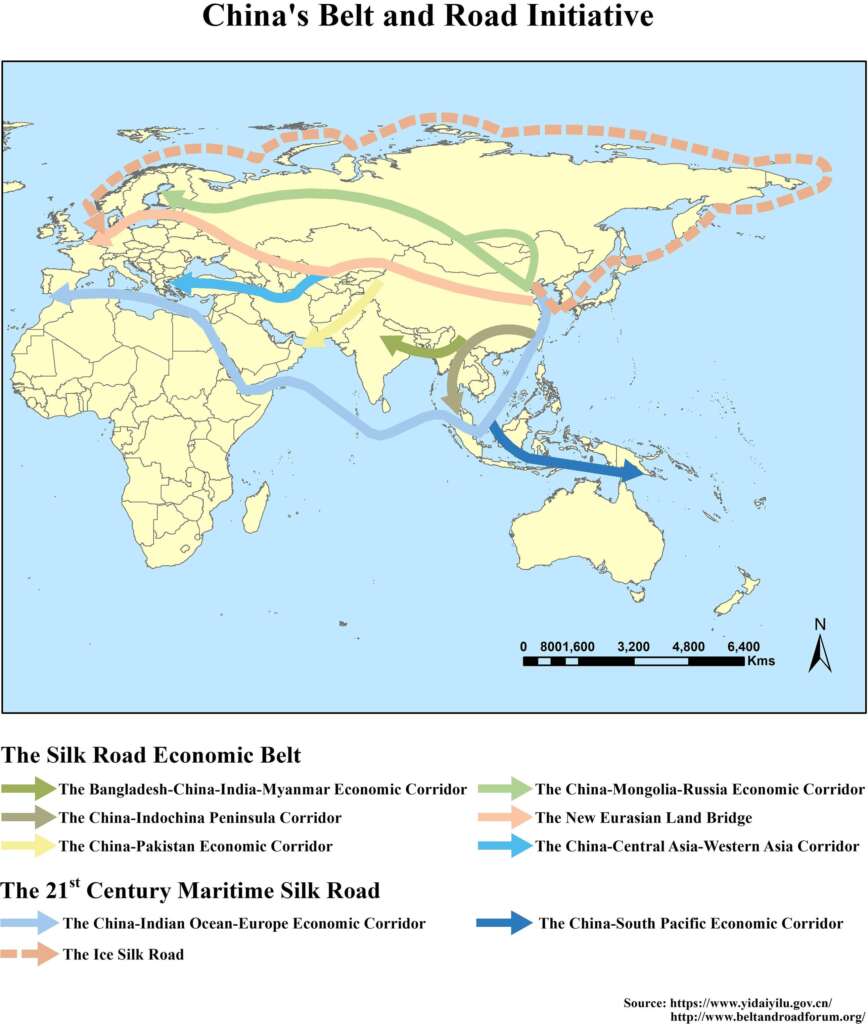The concept of the “low-altitude economy”, such as drone-powered delivery of products, services, and even people, is all the buzz. But leading Hong Kong aerospace expert, Professor Dewey Yee, says we could aim higher, literally, to put the city at the forefront of space logistics
FOR MOST HONG KONG people, it was unimaginable that a female chief inspector of the Hong Kong Police Force could become a space traveller. Yet, this past year, on the 24th of May, the government announced that Ms. Ka Ying Lai, will represent Hong Kong and join the Tiangong Space Station program as a new payload specialist astronaut. Yes, reality does emerge from dreams that are backed by ambition.
The landscape of global economies is incessantly metamorphosing. Hong Kong itself is at a unique defining moment in its storied history. Known for its dynamic financial sector and robust trade networks, the city has long been a beacon of economic prowess. However, as we face a very ambiguous forward path, Hong Kong, in its solace might find succour by embracing blue sky thinking — and specifically a fresh idea that leads to perhaps a thriving space logistics economy. Why?
TIME TO AIM HIGH
Well, Hong Kong has been traditionally known for its booming trading and logistics industry. The new direction is the “Low Altitude Economy”. So, why not look further upwards at space logistics, defined simply as the movement of cargo and personnel to and from space. Actually, it would be the cornerstone for any low-altitude economy ecosystem. It would provide the critical infrastructure and services for related commercial activities.
By addressing challenges and capitalizing on the opportunities presented by space logistics, Hong Kong can unlock the full potential of the low-altitude economy. This results in a more connected, innovative, and prosperous financial system. How?
Space logistics can be integrated cargo delivery not just for local delivery firms, but also to enable the rapid and efficient delivery of goods and supplies along the Belt and Road to remote or inaccessible locations, such as disaster zones. Providing the more than 140 member countries of the Belt and Road access to space services is an excellent role for Hong Kong as the Belt and Road integrator.

As a key integrator, Hong Kong can create a data hub for satellites that offer essential communication services, including internet connectivity, mobile phone networks, and television broadcasting. The BeiDou network of satellites provides precise positioning and timing information is a prime service provider especially for sea and land navigation. Space logistics is crucial for maintaining and expanding these systems.
SPACE TOURISM POTENTIAL
The age of space tourism is here. Space logistics will be an essential scaffold for building and maintaining a space tourism infrastructure that transport tourists to and from space, providing them with unforgettable experiences and unique perspectives of Earth. Hong Kong can foster and play a lead role as an international hub for China’s space tourism.
Space logistics enables the return of valuable samples from space for scientific analysis and study, such as from the Moon and Mars in the near future. Hong Kong can also be a centre for showcasing off-world treasures and even drawing auction house buyers for such commodities.
While the initial cost putting a space logistics platform in place is a challenge for local industries and applications, the continued technological advancements being advanced in Hong Kong will improve the efficiency, reliability, and affordability of space logistics.

Meanwhile, Hong Kong might begin drafting a robust regulatory framework to ensure the safety and sustainability of space activities.
NEED FOR BOLD IDEAS
In conclusion, the path to a thriving space economy needs to be paved with the creation of bold ideas and the taking of strategic steps. Hong Kong has the potential to be at the forefront of this exciting frontier, but it requires a collective effort from the government, private sector, and the community. Let us embrace blue sky thinking and chart a course towards a prosperous and sustainable future in space.
A vibrant hub for space commerce keeps Hong Kong in the pole position of international competitiveness and technological advancements. Looking up, we see that blue skies might literally hold ideas for Hong Kong’s prosperous future.
Professor Yee is a member of the Faculty of Business at The Hong Kong Polytechnic University, and served on a previous administration’s Economic Development Commission which resulted in new aircraft financing platforms that bolstered Hong Kong reputation as a financial centre.
Image at the top by fridayeveryday.

